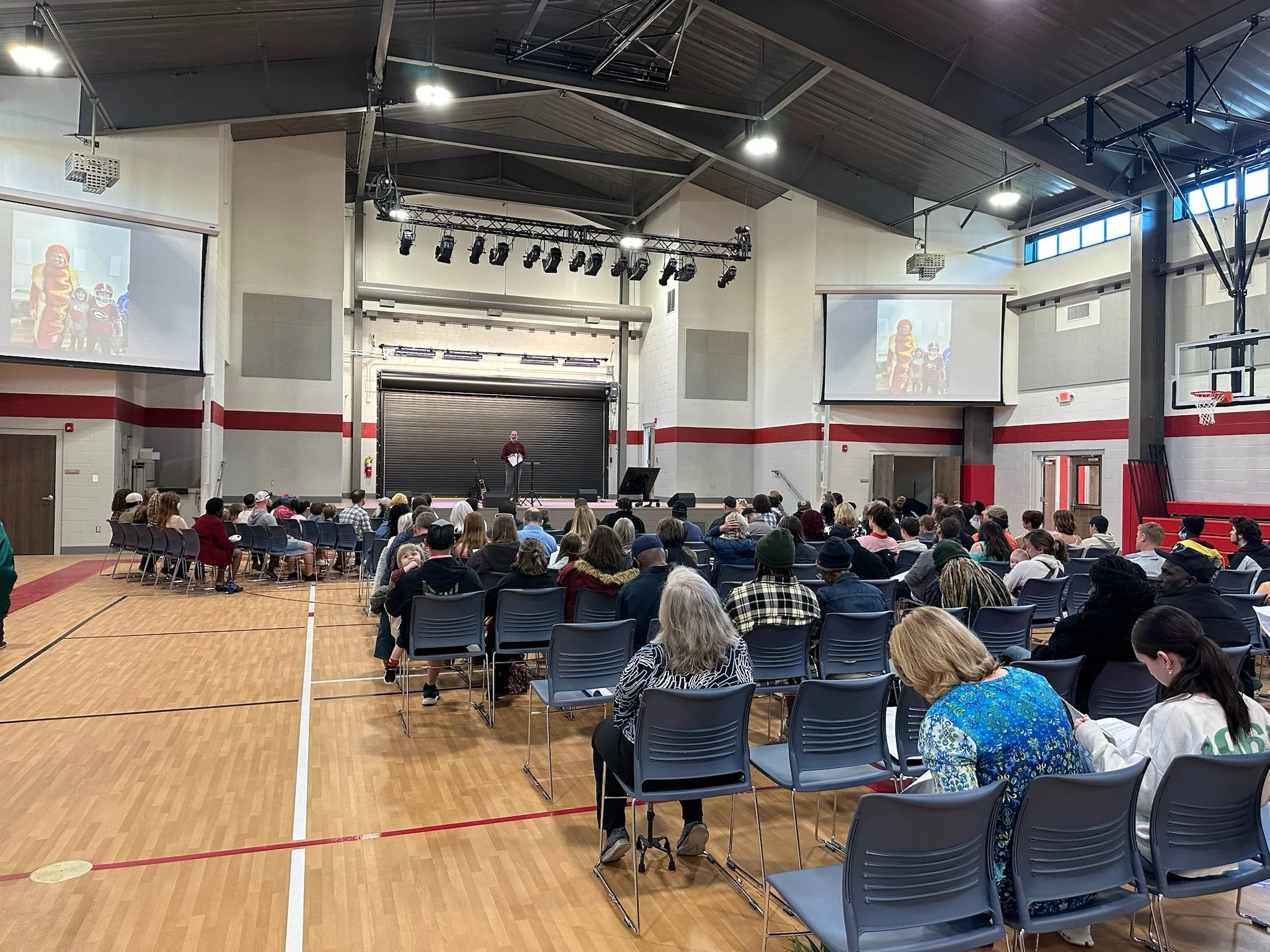When we are submitted to the hand of God, He fills our capacity to fear and the result is that 'perfect love casts out fear.' So, when we fear concerns, it is because He has not been afforded the opportunity to consume our capacity to fear, but our Lord desires to do so, for our good and His glory.
A practical example of this would be found in the book of 2nd Chronicles in chapter 20, verses:1-12. In this section of Scripture, King Jehoshaphat is informed that he will soon be attacked by 3 neighboring armies.
“After this, the Moabites and Ammonites, together with some of the Meunites, came to fight against Jehoshaphat. People came and told Jehoshaphat, “A vast number from beyond the Dead Sea and from Edom has come to fight against you; they are already in Hazazon-tamar” (that is, En-gedi). Jehoshaphat was afraid, and he resolved to seek the Lord. Then he proclaimed a fast for all Judah, who gathered to seek the Lord. They even came from all the cities of Judah to seek Him. Then Jehoshaphat stood in the assembly of Judah and Jerusalem in the Lord’s temple before the new courtyard. He said: Yahweh, the God of our ancestors, are You not the God who is in heaven, and do You not rule over all the kingdoms of the nations? Power and might are in Your hand, and no one can stand against You. Are You not our God who drove out the inhabitants of this land before Your people Israel and who gave it forever to the descendants of Abraham Your friend? They have lived in the land and have built You a sanctuary in it for Your name and have said, “If disaster comes on us — sword or judgment, pestilence or famine — we will stand before this temple and before You, for Your name is in this temple. We will cry out to You because of our distress, and You will hear and deliver. Now here are the Ammonites, Moabites, and the inhabitants of Mount Seir. You did not let Israel invade them when Israel came out of the land of Egypt, but Israel turned away from them and did not destroy them. Look how they repay us by coming to drive us out of Your possession that You gave us as an inheritance. Our God, will You not judge them? For we are powerless before this vast number that comes to fight against us. We do not know what to do, but we look to You” (2 Chronicles 20:1-12).
- Concern: “After this, the Moabites and Ammonites, together with some of the Meunites, came to fight against Jehoshaphat. People came and told Jehoshaphat, “A vast number from beyond the Dead Sea and from Edom has come to fight against you; they are already in Hazazon-tamar” (that is, En-gedi).”
- His Response: “Jehoshaphat was afraid, and he resolved to seek the Lord.”
- His belief that, out of His love, God would care for them cast out his fear.
- This revealed his worship.
May we submit to the hand of God, because He can (and wants to) care for us. Jehoshaphat believed that God cared for Him and allowed the Lord to consume his capacity to fear, so that he could operate out of His unshaken belief that the Lord would protect them through it all.
- Rob









